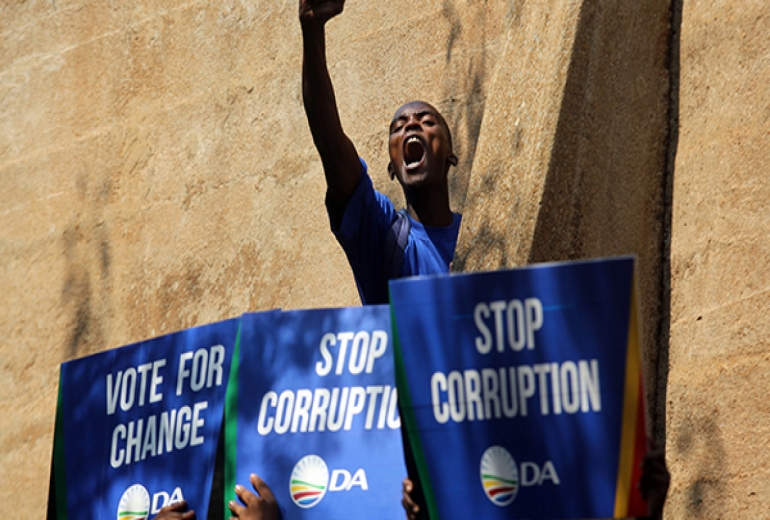
by Mr Kayode Bolaji. Executive Director, Peace Building Development Consult
Introduction
People generally hold that to forgive one you also have to forget hence the popular saying “forgive and forget”. But can one forget, and if one remembers does it mean one has not forgiven? Forgiving someone does not equate to forgetting the wrong done, it simply means that one has acknowledged the wrong and has chosen not to retaliate.
Forgiveness is a choice, an act of the will. In supporting the statement that forgiving does not necessarily mean forgetting, Nelson Mandela stated that “South Africans must remember their dreadful past to be able to deal with it, to forgive when it is necessary but never to forget. Desmond Tutu lending his voice in support of the statement, held that “there is no future without forgiveness, but to forgive one must know what happened and for it not to repeat itself to others, one must remember (Moolakkattu, 2010). This shows that forgiveness is a conscious effort made after carefully weighing the offence committed and deciding to move on rather than hurting the offender. Also, we do not forgive deeds; we forgive people who have committed deeds. Therefore, when we forgive, it is another person we forgive.
Conceptualization
Forgiveness can be defined as a prosocial change in a victim’s thoughts, emotions, and behaviour towards a blameworthy transgressor. It is also seen as a propensity to forgive others across a wide variety of interpersonal circumstances as a personality disposition. It is a means whereby people quell their natural negative responses to transgressors and become increasingly motivated to enact positive ones instead. This is because people appear to have an innate proclivity to reciprocate negative interpersonal behaviour with more negative behaviour.
Nicholls Germain holds that forgiveness is an intentional and liberating action that is less about the other persona and more about one's ability to free oneself from unproductive emotions. It is a conscious, deliberate decision to release anger and resentment whether or not one gets an apology for the wrong done against the person.
Forgiveness is a choice that allows you to move on and make peace with yourself, even though what happened was not good or okay. Initially, when someone is wronged, their reaction is to seek punishment for the offender. However, forgiveness creates the opportunity to let go of the hurt, pain, anger, resentment, self-pity, and desire for revenge, and start afresh.
Forgiveness provides a platform for truth recovery, reparation, and restitution. It also helps the offender to regain their lost humanity and reconnect with society. Therefore, forgiveness is not just about the victim freeing themselves from the shackles of revenge; it also gives the offender a second chance to amend their lives without retaliation or prosecution. All that is required of the offender is a sincere change of behavior and a commitment to becoming a better person going forward.
Forgiveness also provides an opportunity for both victims and perpetrators to share their stories. This helps the victim find closure and allows the offender to take responsibility for their actions. Ultimately, forgiveness is a powerful tool that can help heal wounds, restore relationships, and lead to a better future for everyone involved.
Types of forgiveness
Walrond–Skinner proposed a typology of seven types of forgiveness
· Premature instantaneous forgiveness: this is not a genuine form of forgiveness and it is marked by denying or forgetting the transgression.
· Arrested forgiveness: in this type of forgiveness, it is usually denied between the victim and wrongdoer.
· Conditional forgiveness: here forgiveness is given under some conditions or requirements for forgiving. Those conditions can be an apology, an acceptance, or a change of unacceptable behaviour.
· Pseudo/mutual forgiveness: in this type of forgiveness, both parties forgive one another as a matter of necessity in other to restore the pre-conflict relations.
· Collusive forgiveness: this type of forgiveness entails the avoidance of conflict or opposition even when there is an unsolved severe injustice.
· Repetitious forgiveness: this is the successive but incomplete attempts to stop relational transgression.
· Authentic process forgiveness: this is the unconditional, self-regarding, altruistic, pro-social motive to avoid revenge for the good of self and the offender.
Enright, Santos, and Al-Mabuk proposed six (6) types of forgiveness which are:
· 1. Revengeful forgiveness
· 2. Lawful exceptional forgiveness
· 3. Forgiveness for social harmony
· 4. Forgiveness as an act and expression of unconditional love
· 5. Restitutional forgiveness
· 6. Exceptional forgiveness
Forgiveness and peacebuilding
Forgiveness is an important aspect of peacebuilding and conflict resolution. It involves letting go of wrongs done and avoiding revenge, which prevents a vicious cycle of violence and stuckedness. Forgiveness helps to break the cycle of "an eye for an eye" and prevents victims from being consumed with hate, anger, and bitterness towards their attackers. This is because such attitudes can lead to a cycle of attack and counter-attack, which is destructive to everyone involved. It also makes it difficult to achieve peace and resolve conflicts when the parties involved are not willing to forgive and move on.
Emphasizing the importance of forgiveness to peacebuilding, Joseph Lengmang held that forgiveness is a crucial ingredient for peace and peaceful coexistence in any society. He held that the success of the post-conflict peace-building process is hinged on how much the people are willing to let go.
Also, Hannah Arendt speaks about the power of forgiveness as a means of conflict resolution in that it allows human beings to come to terms with their undesirable past. Conflict resolution often does not necessarily address the rupture in human relations and this failure most times can result in future conflicts. Hence the place of forgiveness in conflict resolution helps both parties to accept that conflict is a relational phenomenon and is the result of failed interaction and that both sides have a role in reconstructing the relationships and in so doing reconstructing their identities which results in the restoration of the humanity of both.
Joseph Montville holds that healing and reconciliation in violent ethnic and religious conflicts depend on a process of transactional contrition and forgiveness between aggressor and victims. Also, speaking on the essence or center of forgiveness Andrew Rigby stated that it is the capacity to let go of the past to forego the quest for revenge. This is the quest for revenge that is that altar on which peacebuilding is sacrificed. Hatred and the search for vengeance can consume people and unless people manage to let go of the desire to get even, there can be no new beginning, no transformation of relationships, and no possibility of a shared future.
Conclusion
Factoring this concept of forgiveness into the challenges of nation-building, peace-building, and conflict resolution in the Nigerian state, one can see that for sustainable peace to be achieved, there is a need for truth-telling, forgiveness propagation, and healing of scars in the state. A lot of people have been hurt due to terrorism and counter-terrorism measures, ethnic conflicts, and other security challenges that have bedevilled the country. And for these people to have the closure they need; they need to come to terms with what happened and learn to let go of the pain and hurt.
Also, the government needs to key into the forgiveness propagation, as a kind of subtle tool for engendering peacebuilding in the state.
References
Lijo, K. J. (2018, June 20). Forgiveness: Definitions, Perspectives, Contexts and Correlates. Journal of Psychology and Psychotherapy, 8(3). doi:10.4172/2161-0487.1000342
Luskin, F. (n.d.). The Art of Forgiveness. Retrieved from https://med.stanford.edu/content/dam/sm/survivingcancer/documents/The%20Art%20of%20Forgiveness.pdf
McCullough, M. E., & Witvliet, C. V. (2002). The Psychology of Forgiveness. In C. R. Snyder, & S. J. Lopez (Eds.), The Handbook of Positive Psychology (pp. 446-458). Oxford University Press. doi:10.1093/oso/9780195135336.003.0032
Moolakkattu, J. (2010). Forgiveness and Conflict Resolution. Retrieved from https://www.mkgandhi.org/articles/forgiveness.html
Pwanagba, A. (2021, Feb 7). Why Forgiveness Day is commemorated in Plateau – DG Peace Building. Retrieved from https://dailypost.ng/2021/02/07/why-forgiveness-day-is-commemorated-in-plateau-dg-peace-building/
Rigby, A. (n.d.). ‘Forgiving the Past’: Paths towards a culture of reconciliation. Centre for the Study of Forgiveness and Reconciliation Coventry University, UK.
Tucker, J. R., Bitman, R. L., Wade, N. G., & Cornish, M. A. (2015, January). Defining Forgiveness: Historical Roots, Contemporary Research, and Key Considerations for Health Outcomes. In L. Toussaint, E. Worthington, & D. Williams (Eds.), Forgiveness and health: Scientific evidence and theories relating forgiveness to better health (pp. 15-28). Springer Publisher. doi:10.1007/978-94-017-9993-5_2

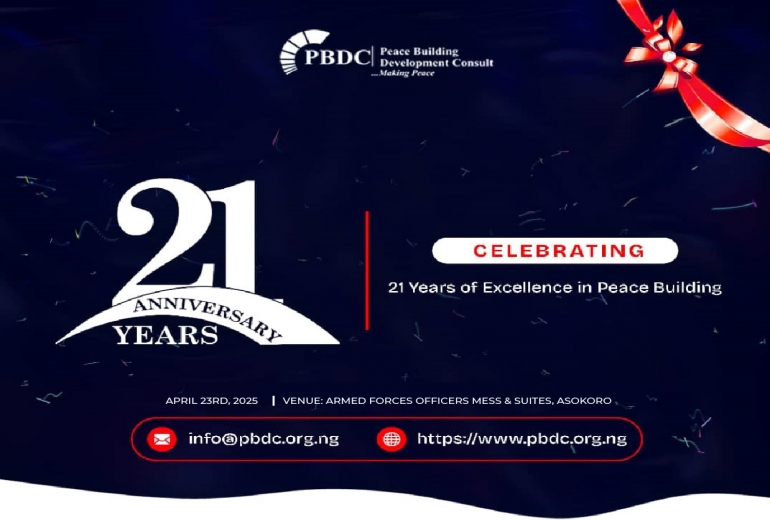
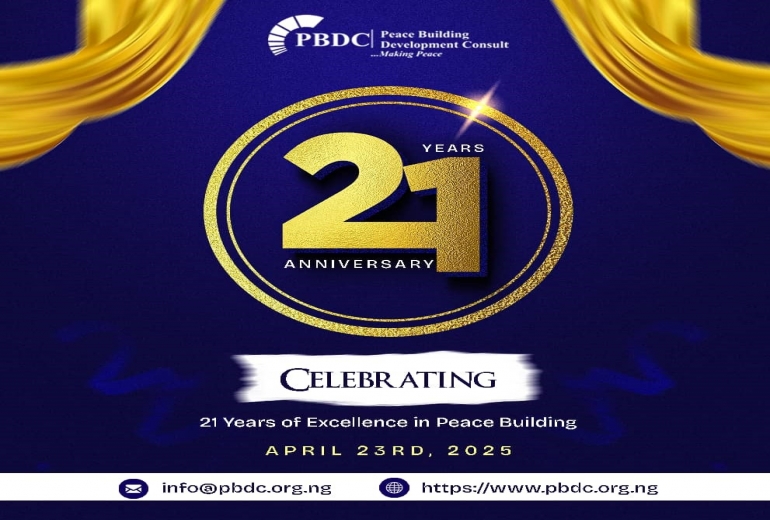
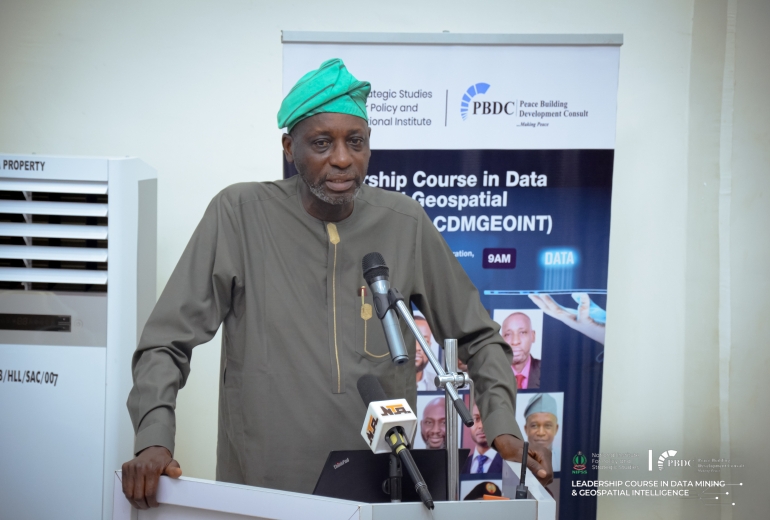
.jpg)
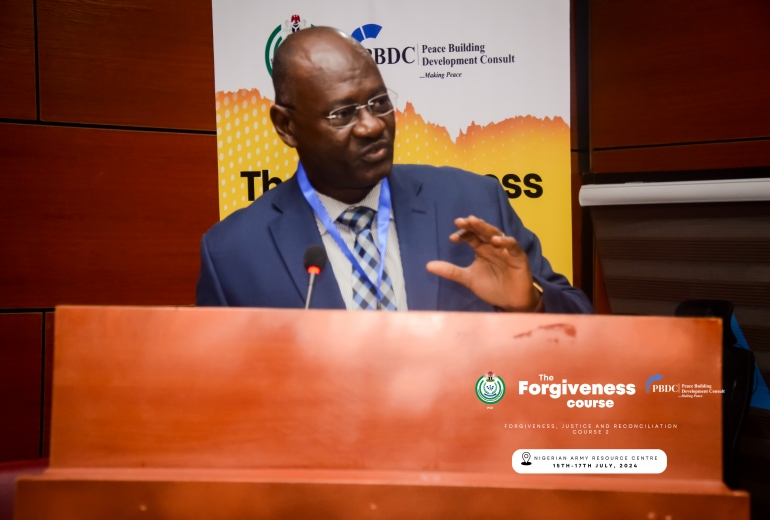
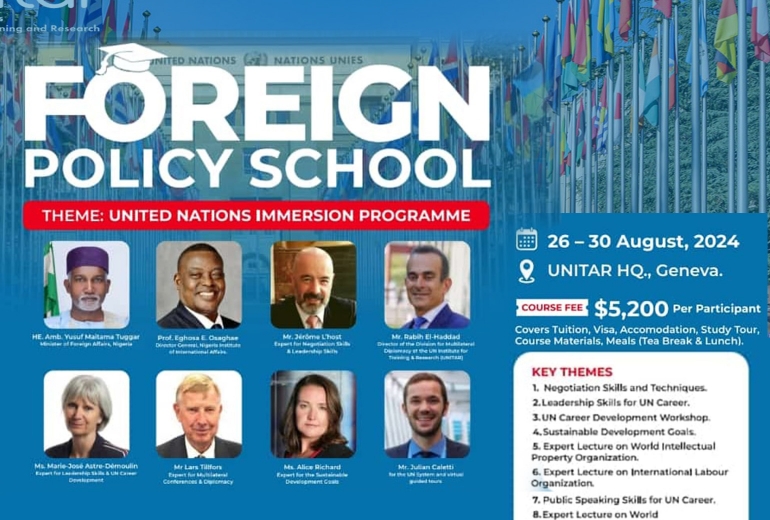
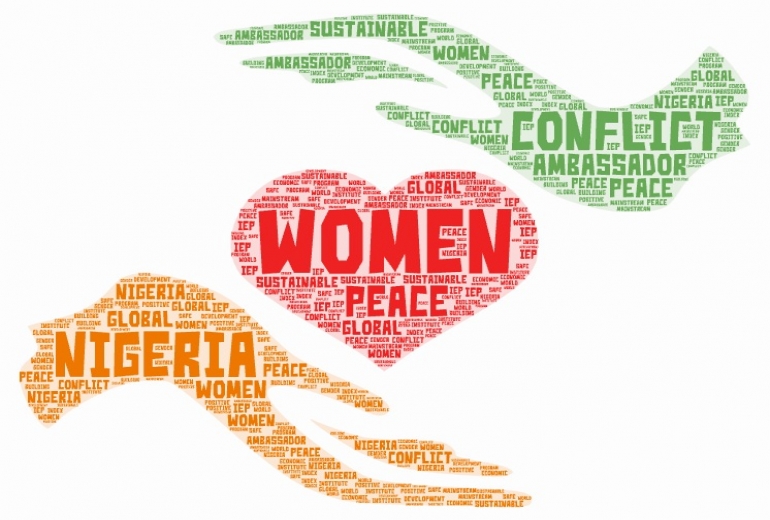
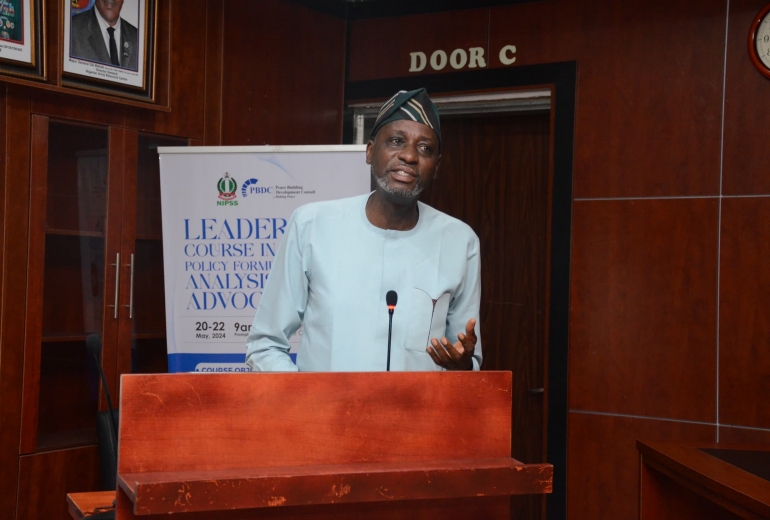

.jpg)
